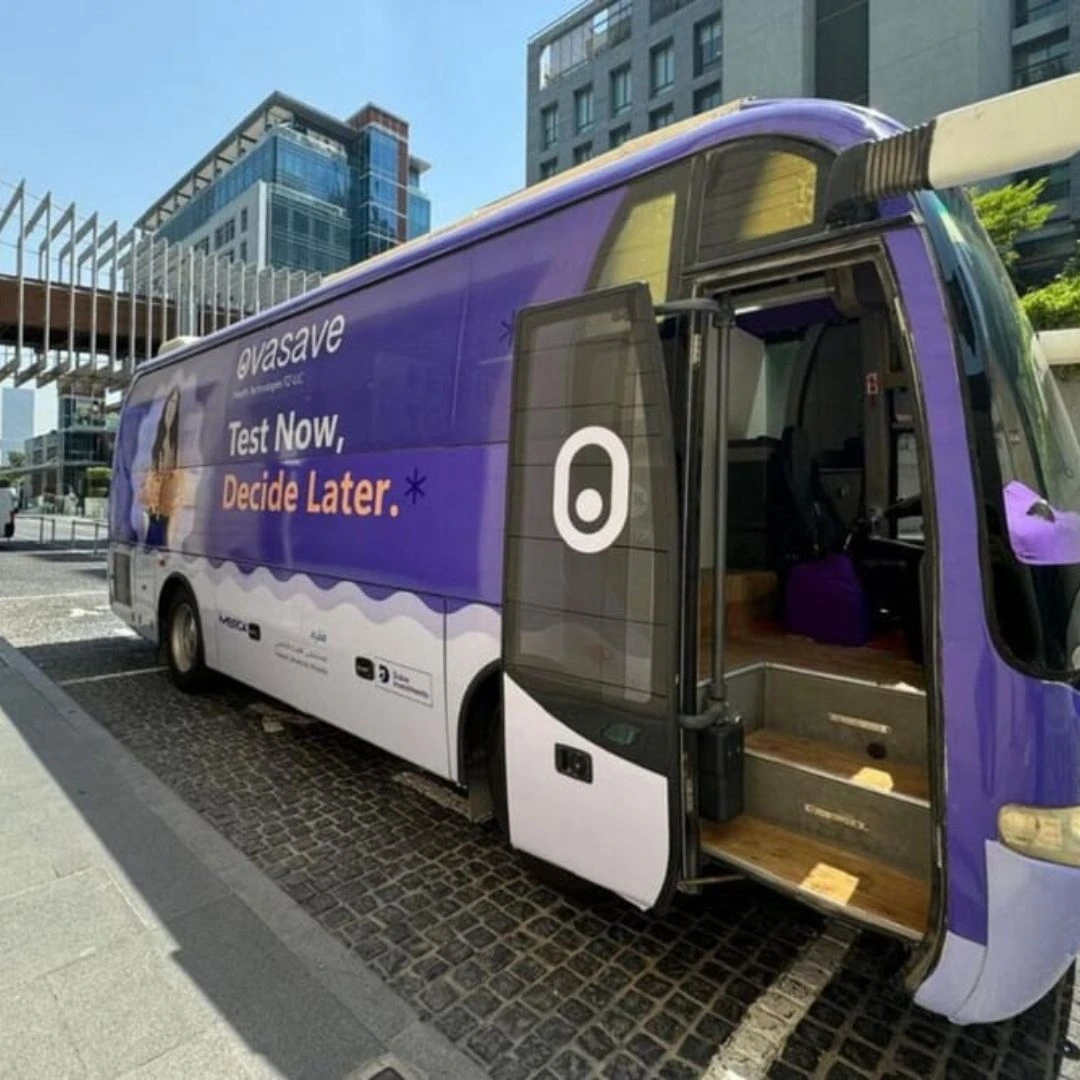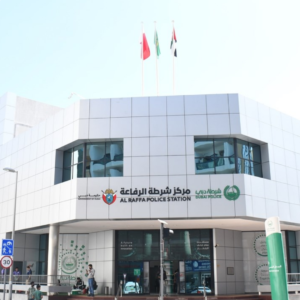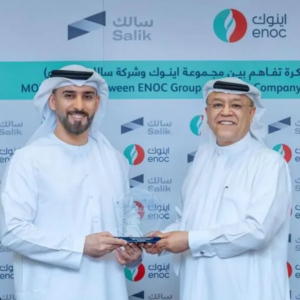The initiative involving the purple bus offering free fertility testing in the UAE represents a significant step toward enhancing reproductive health services and promoting family planning efforts. This mobile service is designed to reach women who may otherwise have limited access to fertility resources due to various barriers, such as cost, location, or lack of awareness.
Fertility testing is crucial for women considering starting a family or those who may have concerns about their reproductive health. Many women face challenges in accessing these services, often feeling overwhelmed by the healthcare system or unsure of where to seek help. The purple bus addresses these issues by providing a welcoming and accessible environment for women to receive fertility assessments.
The choice of a mobile unit is particularly impactful, as it allows the service to reach diverse communities across the UAE. By bringing the testing directly to women, the initiative reduces travel barriers and promotes inclusivity, ensuring that women from various backgrounds can benefit. The bright, eye-catching purple bus serves not only as a means of transportation but also as a symbol of hope and empowerment, encouraging women to prioritize their reproductive health.
Additionally, this initiative is a part of a broader effort to raise awareness about reproductive health and the importance of family planning. By offering free fertility testing, the program aims to educate women about their options, the factors affecting fertility, and the resources available for family planning. This knowledge is essential in helping women make informed decisions about their reproductive lives.
Overall, the purple bus initiative signifies a progressive approach to healthcare in the UAE, emphasizing accessibility, education, and empowerment. By focusing on women’s health and fertility, it fosters a supportive environment where women can seek help without stigma or fear. This innovative program could serve as a model for similar initiatives in other regions, showcasing the importance of mobile health services in enhancing access to essential healthcare.









